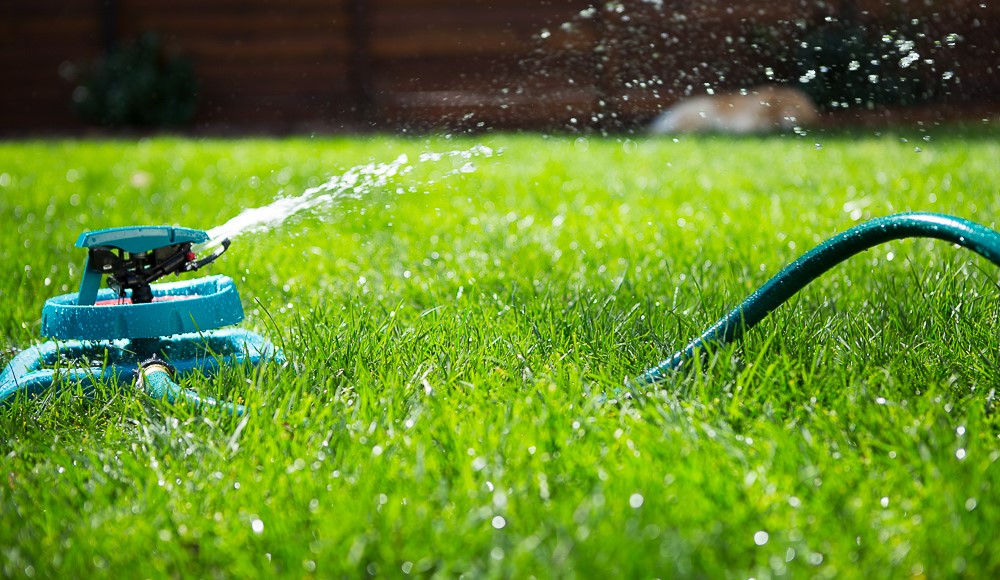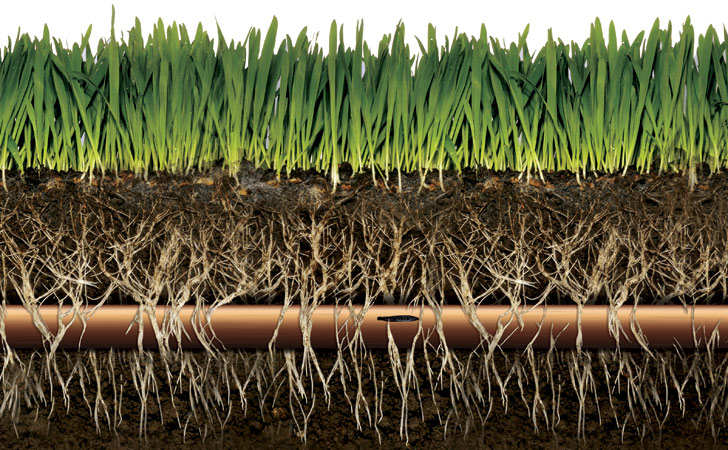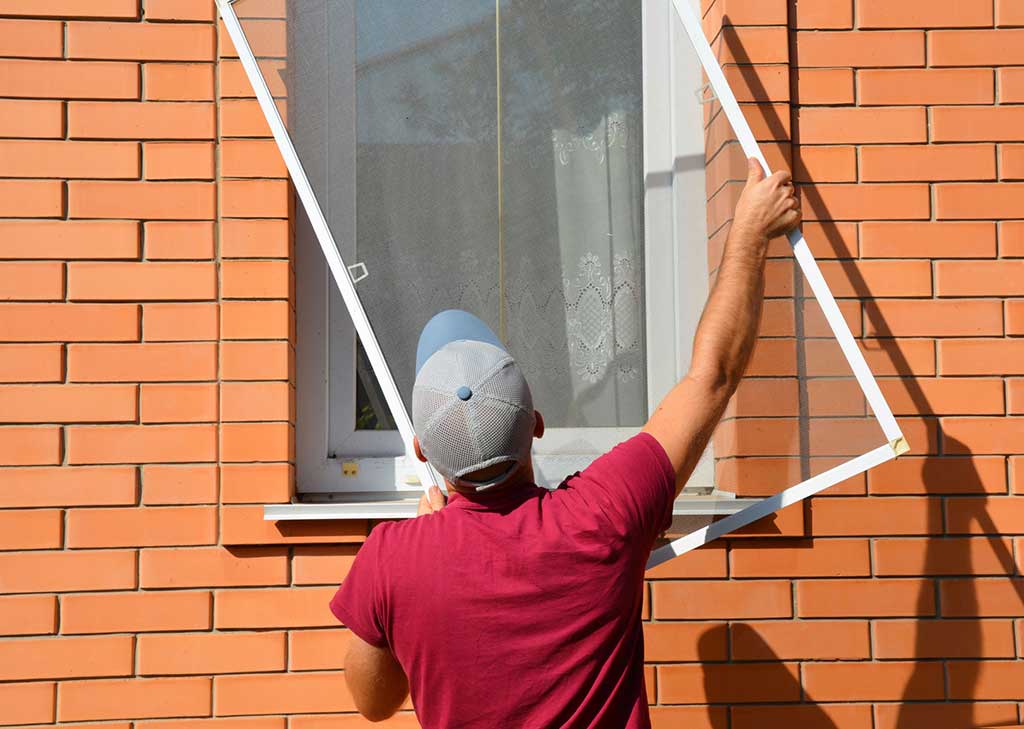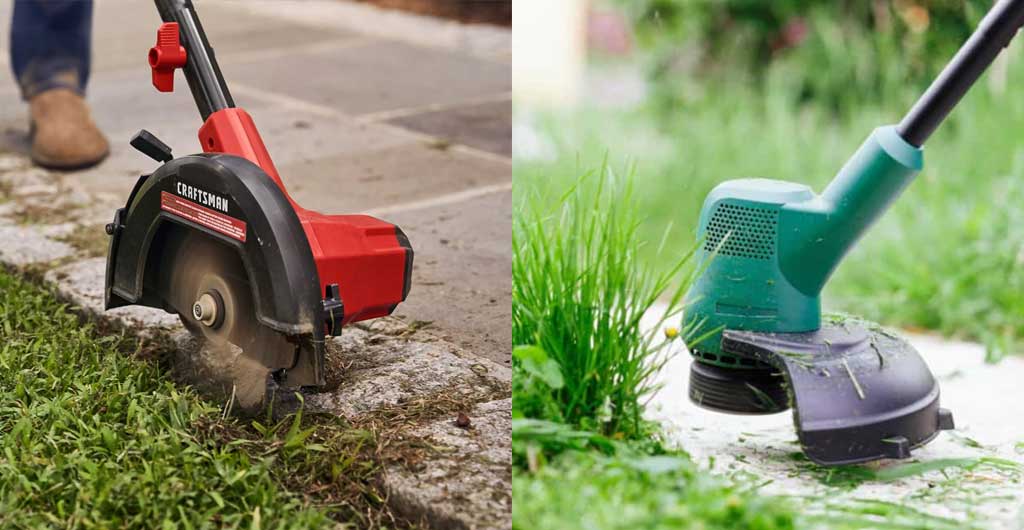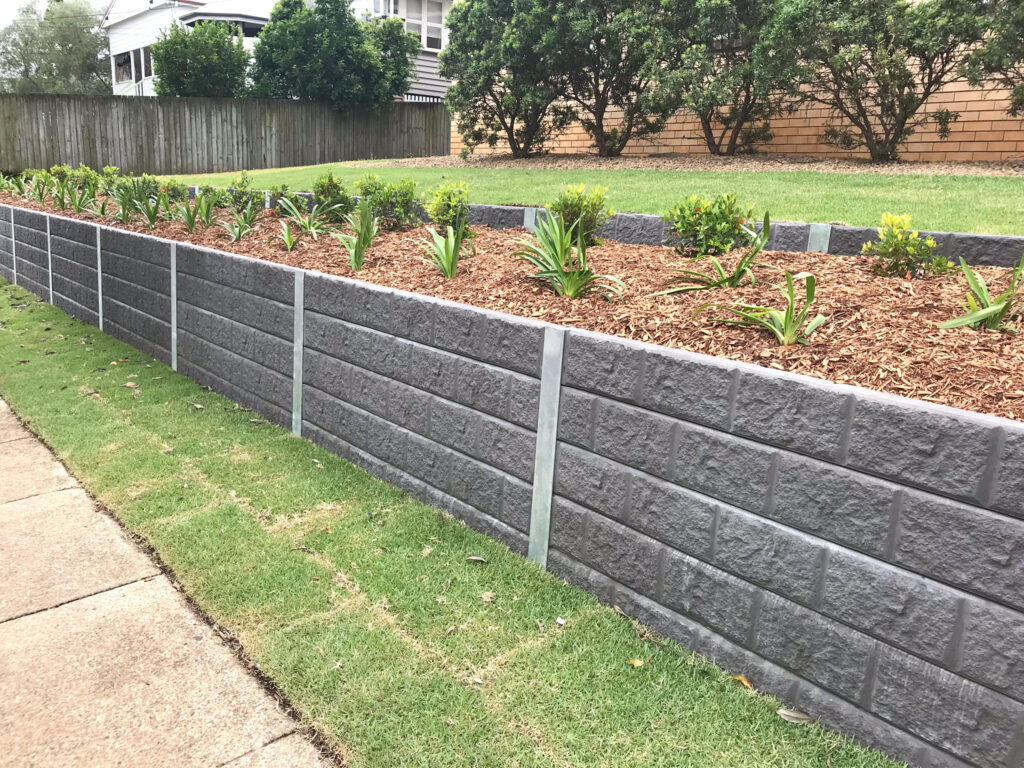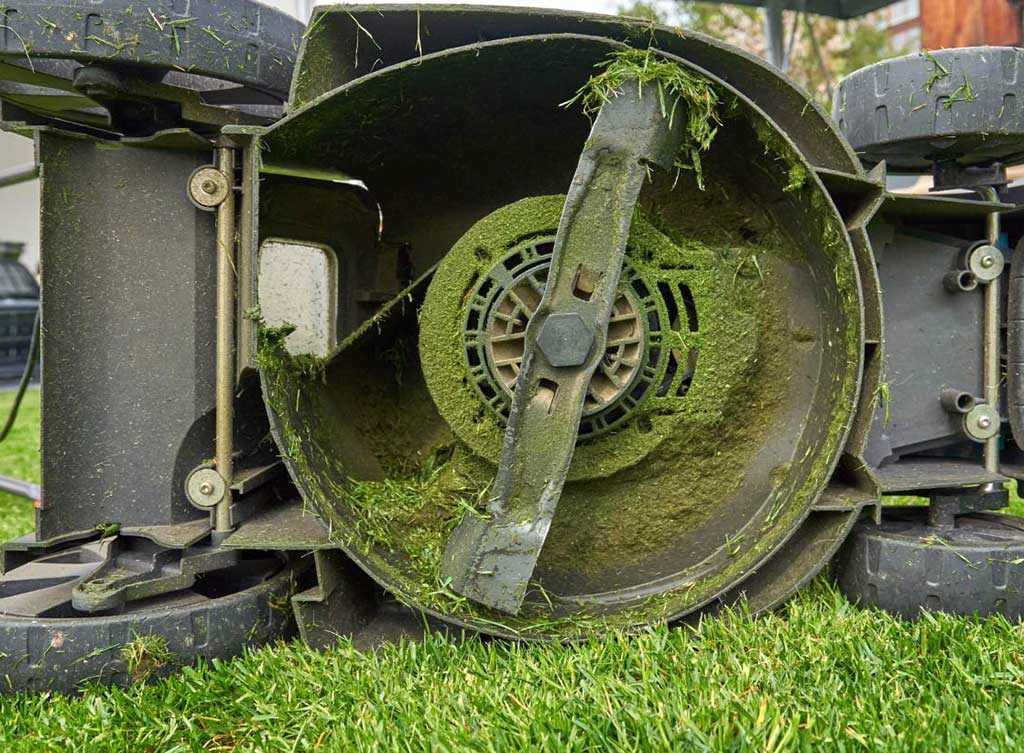In rental properties, the question of who is responsible for mowing the lawn often arises, creating a grey area that can lead to disagreements between tenants and landlords. In Melbourne, a city known for its diverse neighborhoods and varying property standards, clarifying the responsibilities for lawn care is essential to foster healthy landlord-tenant relationships. Let's explore the factors that determine whether it's the tenant or the landlord who should be tending to the grass.
Lease Agreements
The primary document governing the terms of a rental arrangement is the lease agreement. It's important for both parties to read and understand the lease thoroughly before signing it. Some leases may explicitly state the responsibility for lawn care, while others might not mention it at all. It's advisable for tenants to seek clarity from their landlords or property managers regarding lawn maintenance expectations prior to moving in.
Landlord Responsibility
In Melbourne, the Residential Tenancies Act (RTA) outlines the basic rights and responsibilities of both tenants and landlords. According to the RTA, landlords are responsible for providing their tenants with premises that are reasonably clean and fit for habitation. This implies that when a property is rented out with a lawn area, the landlord should ensure that the lawn is in an acceptable condition when the tenant moves in. However, the specifics of ongoing lawn maintenance might not be explicitly stated in the RTA.
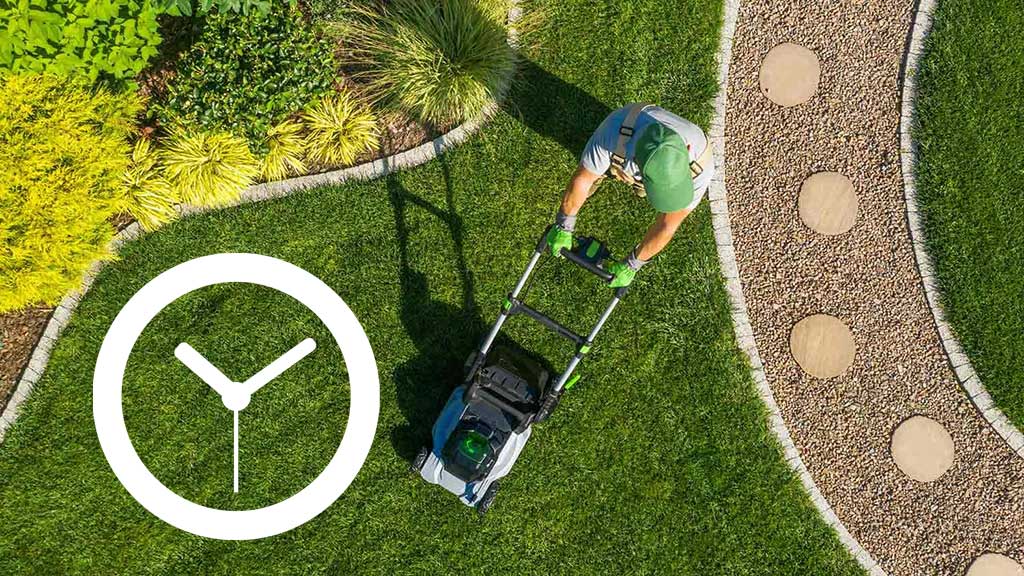
Tenant Responsibility
The general principle in rental properties is that tenants are responsible for maintaining the property in the same condition it was rented out to them, barring fair wear and tear. Lawn care could fall under this category. If the lease agreement or a verbal agreement between the tenant and landlord designates lawn care as the tenant's responsibility, then the tenant should ensure the grass is regularly mowed and maintained. Neglecting lawn care could result in disputes when it comes time to move out.
Negotiation and Communication
The key to avoiding misunderstandings and conflicts is effective communication between the tenant and landlord. Before signing the lease agreement, tenants should discuss their expectations regarding lawn care. If both parties agree that the tenant will be responsible for maintaining the lawn, this understanding should be clearly documented in the lease. If, on the other hand, the landlord prefers to handle the lawn care, this should also be outlined in the lease.
Property Management Companies
In cases where the landlord utilises a property management company, the responsibility for lawn care might be more standardised. Property management companies often have clear guidelines in place regarding property maintenance, including lawn care. This can alleviate confusion and ensure that all parties are on the same page.
In Conclusion
In Melbourne, the responsibility for mowing the lawn in rental properties depends on the lease agreement and the mutual understanding between the tenant and the landlord. While the Residential Tenancies Act provides a general framework for responsibilities, it's crucial to communicate openly and establish clear terms in the lease. Whether it's the tenant or the landlord taking care of the lawn, a well-maintained outdoor space contributes to the overall appeal of the property and promotes positive landlord-tenant relationships. It's even better when someone else mows your lawn! Check out our Lawn Mowing & Landscaping service and give us a call for a quote.
